Japanese channel (NHK) has just started to broadcast in 8K, becoming the first broadcaster in the world to do so. NHK broadcasted Stanley Kubrick’s classic 2001: A Space Odyssey. Seems that the Japanese are super obsessed to 8K broadcasting. Are they trying to win the resolution race?
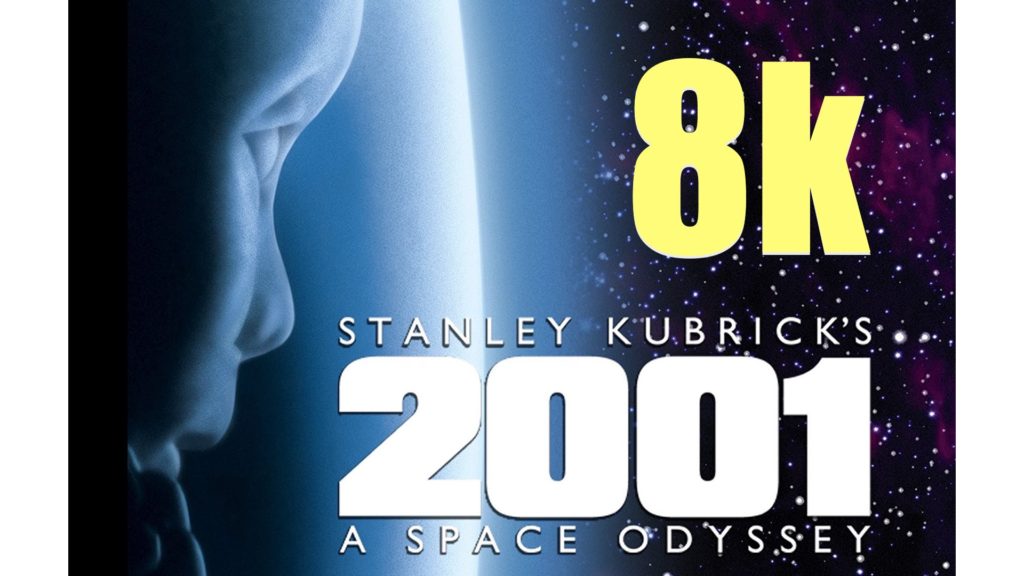
8K = 70mm film | 4K = 35mm
The 2001: A Space Odyssey film was shot on Super Panavision 70mm format, and thus was suitable to be scanned to produce the ultra high resolution 8K imagery. Generally speaking, the rule of thumb is that 35mm is equivalent to HD – 4K range, and 70mm to 8K till IMAX.
Think about it for a sec. If 70mm film is good enough for IMAX that is equivalent to 9-11K, than it’s more than good enough for 8K. I believe NHK will broadcast other 8K candidates that were shot on an old 70mm film.
It’s important to mention that 8K resolution has four times as many pixels vertically and horizontally as current top-end 4K Ultra HD screens, and 16 times more than standard 1080p HD.
There are a few options in the market to view 8K. One of them is the extremely expensive Samsung Q900 Series 85″-Class HDR 8K UHD Smart QLED TV, which is priced at $15,000!
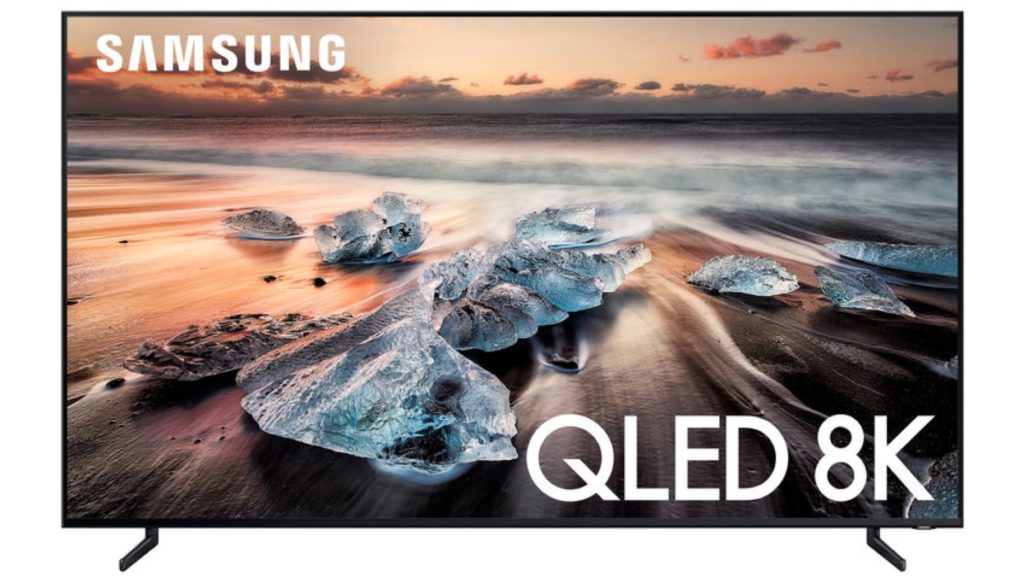
8K broadcast experience
According to The Verge, the 8K version was scanned by Warner Bros. in the US at what is apparently the sole studio in the world capable of doing so, then sent to NHK for color grading and conversion into the broadcast format. As stated by The Verge reporter:”I watched it broadcast live at 1.10PM on Saturday, and I will say it looked vastly better than I would have ever expected to look on TV. But I wasn’t completely blown away”.
The race to 8K broadcasting
Japan is pushing hard to have 8K broadcasting up and running. We can see a proof for that when Sharp announced a year ago a 8K professional camcorder which is dedicated to 8K broadcasting as described by Sharp: “A world’s first, integrating capabilities for video shooting and recording, playback, and line output“.
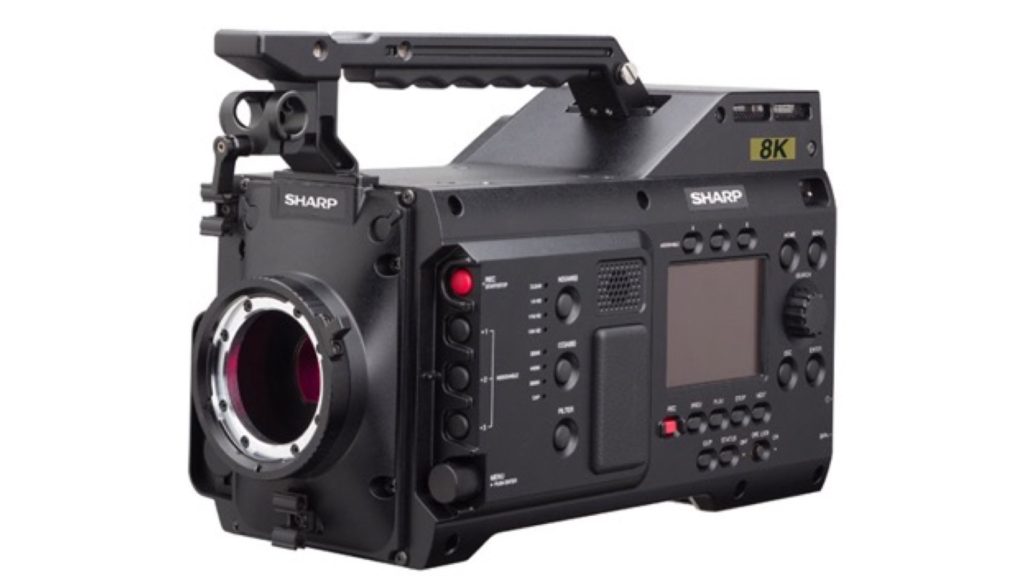
The price of the 8K camcorder is about $80,000.
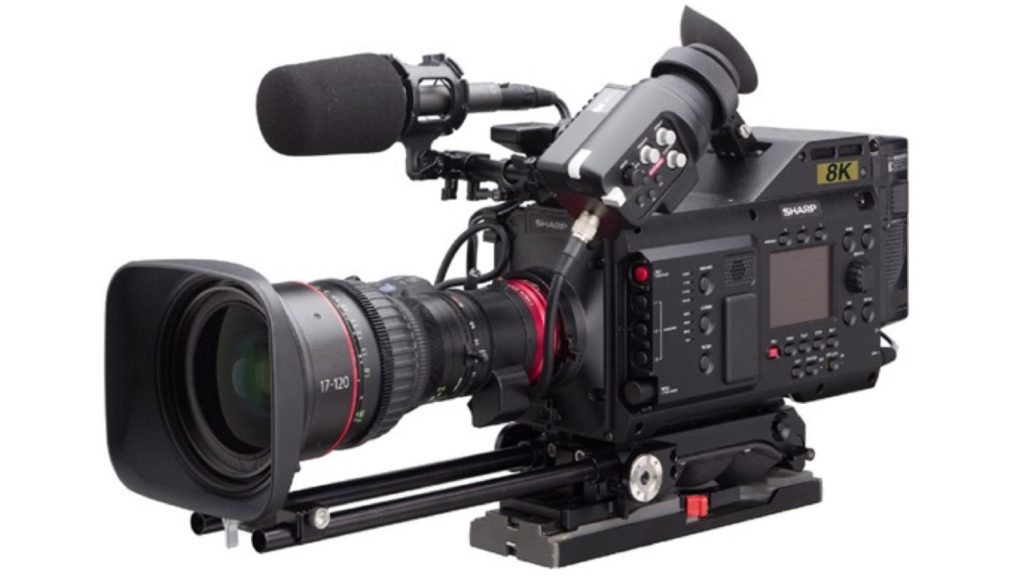
If we do the math we can assume that Japan aims to broadcast 8K at the 2020 Summer Olympics. Of course it will not be relevant to most of us because the lack of 8K TVs, not to mention lack of infrastructure and methodologies for 8K broadcasting. However, a small Japanese portion will enjoy from watching the Olympics in their full 8K glory.
What do you think about 8K broadcasting? Let us know your point of view in the comments section below.




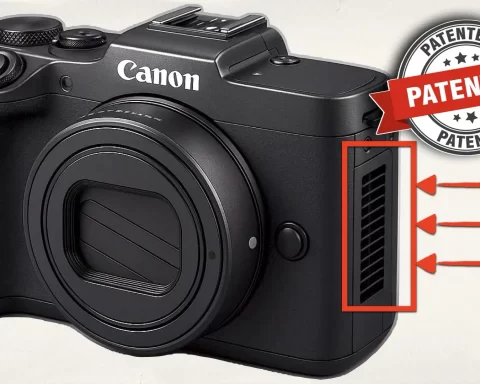
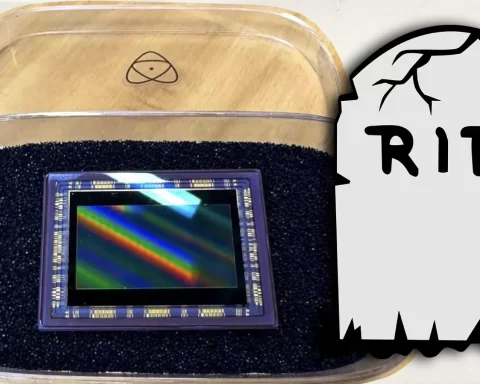
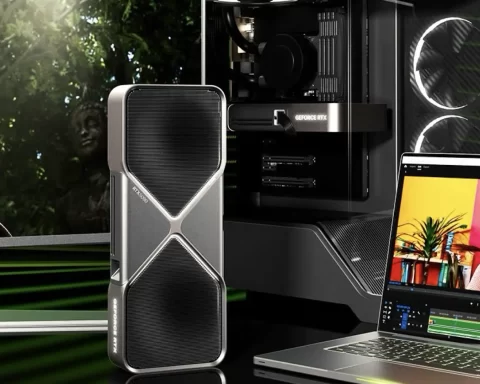
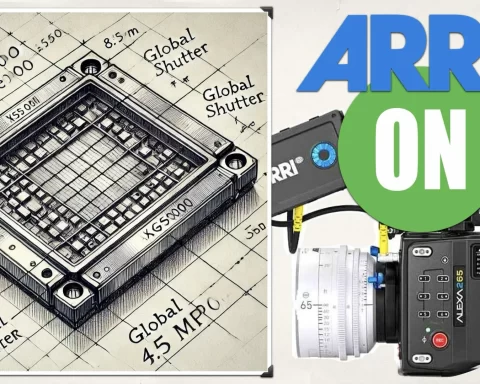

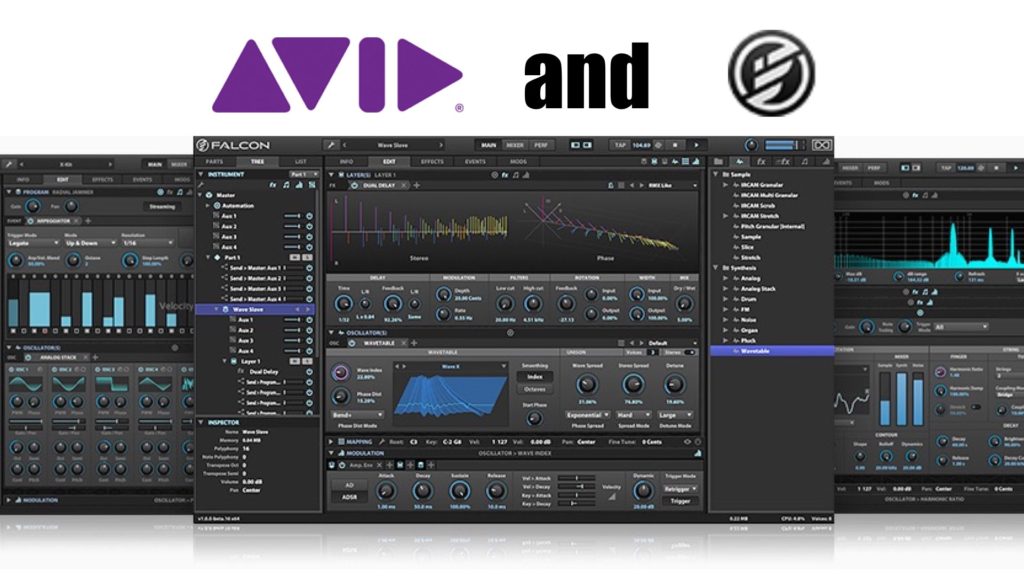
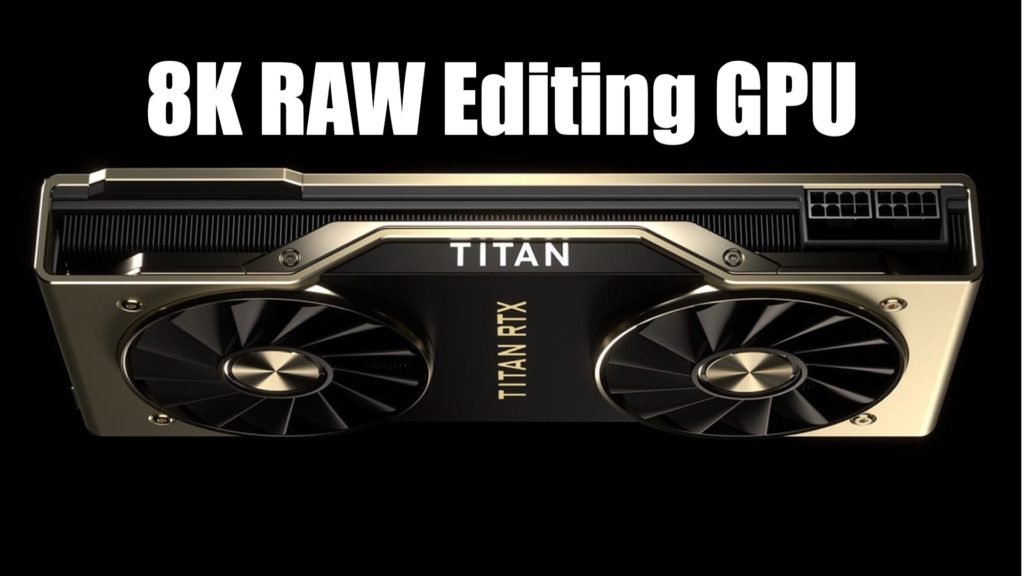


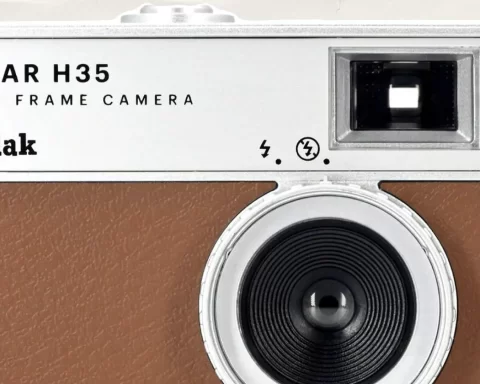
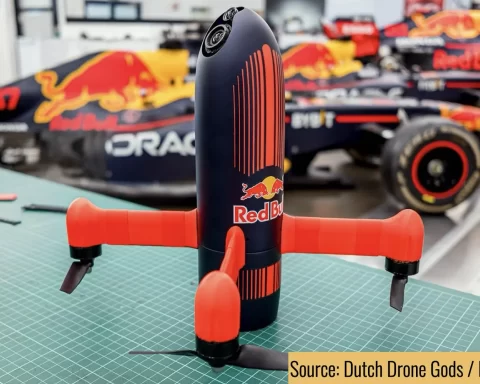
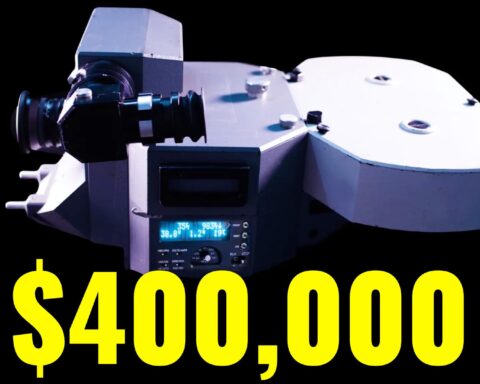


“Word’s” first…The “World” will be elated to know.